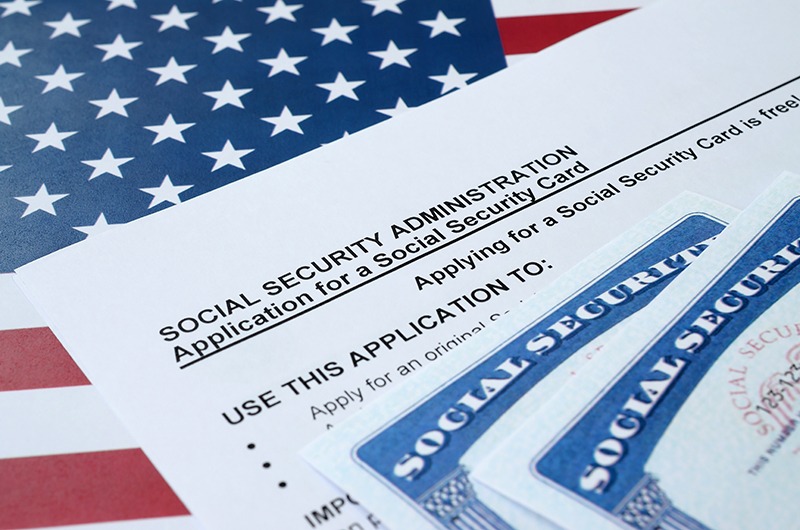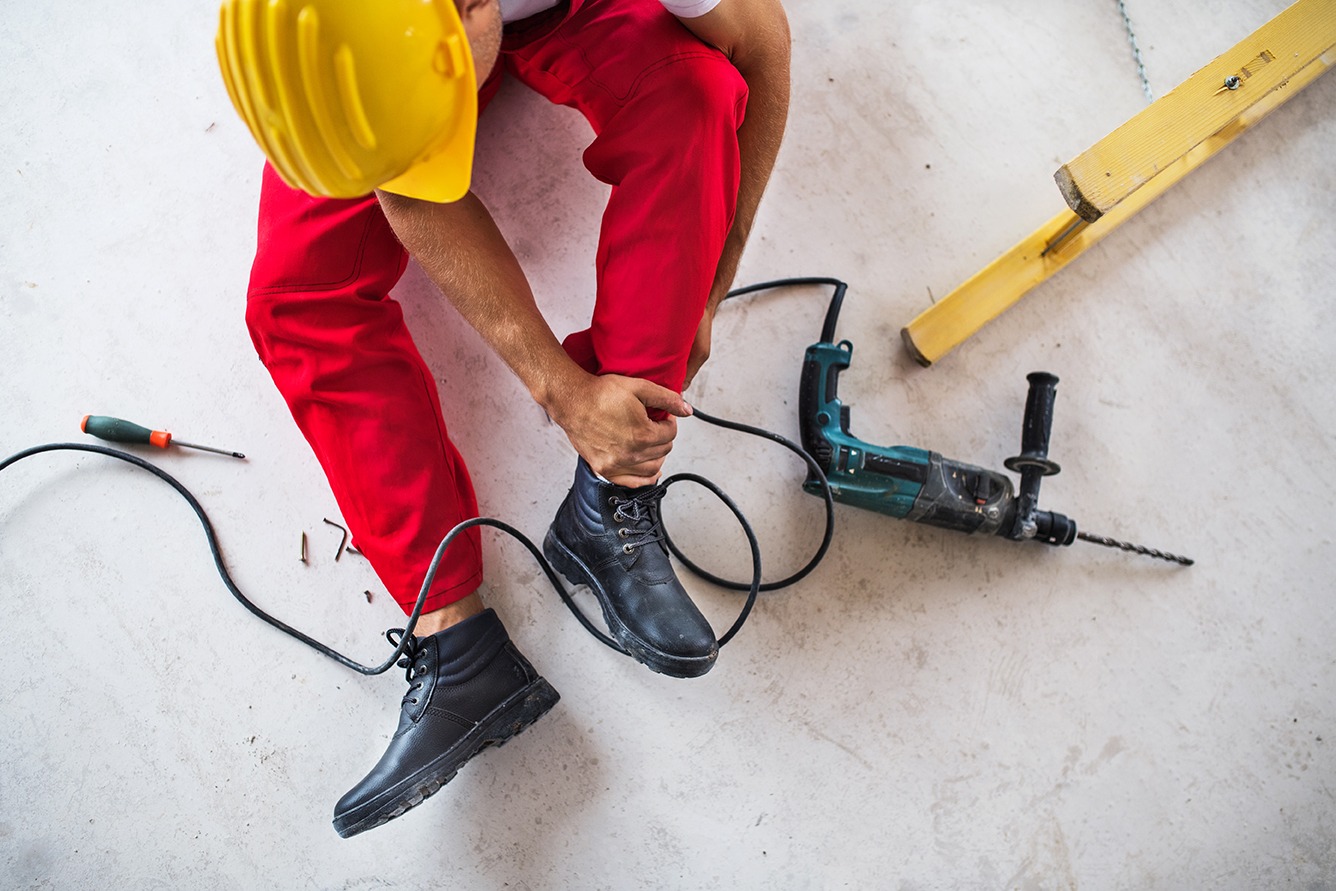Were you injured in an accident with a truck driver? Did you know that you may be entitled to compensation for any injuries that you may have sustained?
Due to the disparity in the weight of a truck and other vehicles, the consequences of a commercial truck accident are catastrophic. It is a known fact that a fully-loaded truck weighs over 25 times more than a car, so a collision can be fatal.
However, it is important that you know that if you or someone you love has been in an accident, you may be eligible to receive damages for your injuries by filing a claim against the at-fault party.
You can sue all of the parties responsible for your accident and resulting injuries. You can sue even if you were partially responsible for your accident. You should hire a lawyer since accident liability law tends to be extremely complex.
Filing a lawsuit when you were partially at fault
You can still sue for compensation even when you were partially at fault. Some states use comparative negligence to determine compensation for the plaintiff when he or she was partially at fault. Your final settlement will be reduced by the percentage of fault that you hold. For example, if you were 15% at fault then your final settlement will be reduced by 15%.
Injuries that the general person may sustain:
- Was the injured person driving a motor vehicle?
- Was the person injured a minor?
- Where was the person when he or she was injured?
- Were warning signs posted where the injury occurred?
- Was the risk of danger obvious?
Figuring Out Who Was Responsible for Your Accident
It’s important for you to discover all of the people who were responsible for your accident. This will allow you to get compensation from them before the statute of limitations passes. The truck driver is obviously responsible. Other less obvious responsible parties include:
- Insurance company
- Employers
- The companies that manufactured the vehicle
- Government entities
- Trucking agencies
- Contractors
Which Legal Strategy Is Best?
You can choose to settle your case out of court. You can choose mediation or arbitration. A lawyer will help choose the best strategy for you. A good lawyer will guide you regarding when to file your lawsuit and help you resolve the dilemma of whether to litigate or settle it faster out of court. At Graves Thomas Rotunda Injury Law Group, we are here to help you through the whole legal process and our team of lawyers are always available to discuss your case. Call in at (772) 569-8155 for scheduling a no-obligation free initial consultation today.










